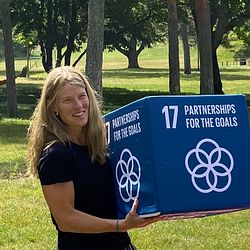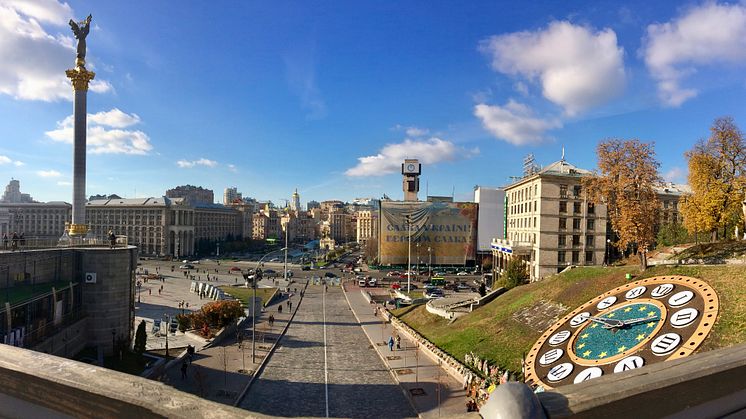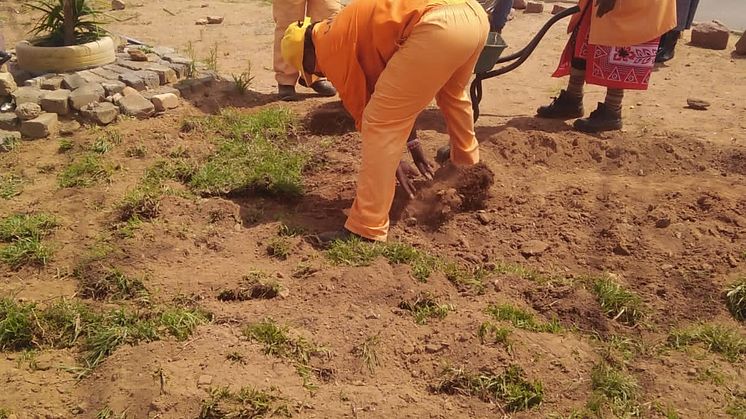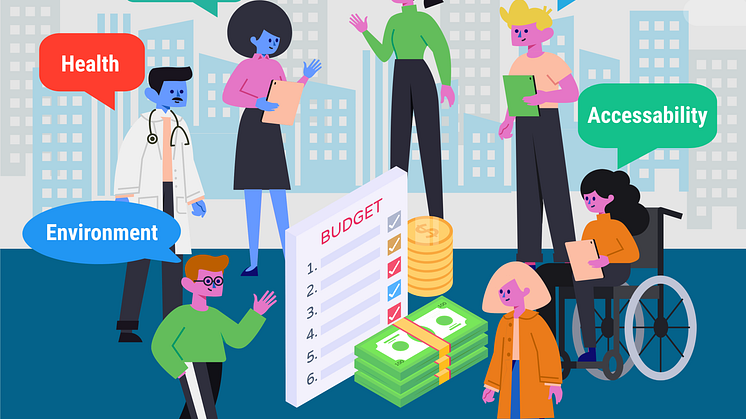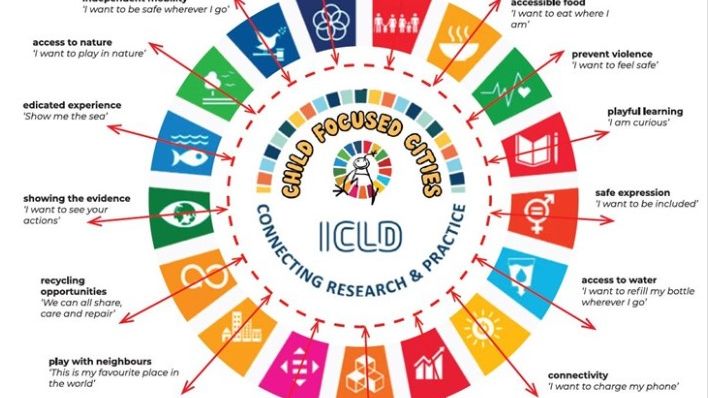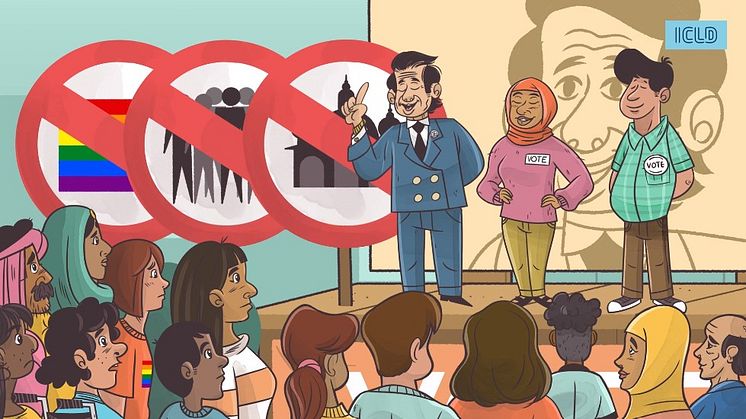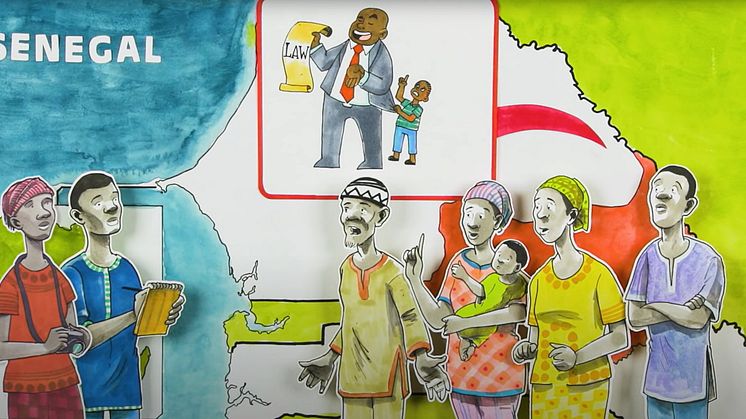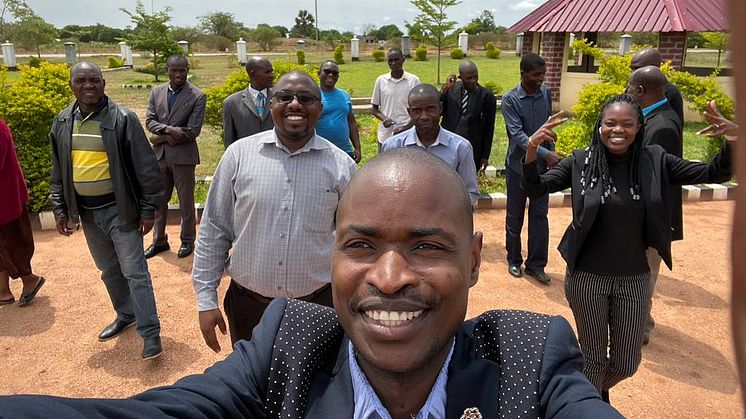
Blogginlägg -
Using Digital Tools to Improve Service Delivery: Pemba Town Council, Zambia
Connecting researchers and practitioners can create a meaningful impact as it ensures that strategic decisions are based on the most up-to-date research. It also ensures that the practitioners are taking into account the most recent evidence when making policy or strategic decisions.
One major question that is facing local leaders is how they can use digital tools to improve service delivery. This question was brought to ICLD by representatives from Pemba Town Council in Zambia, who were eager to digitalize the operations of their local government and to do so within the structure of the ICLD programme on Public Financial Management and Local Economic Development.
As a response to Pemba’s question, ICLD connected the team to a group of four researchers from different backgrounds but with a common interest in digitalization and local democracy. The researchers had already met and bonded over their research interests at ICLD’s bi-annual Local Democracy Academy, which certainly made the international collaboration less difficult.
After facilitating fruitful discussions between Pemba and the research team, ICLD decided to finance a research project that connected the researchers with the practitioners to help solve how the local government could improve service delivery to its citizens through the use of digital tools. Two of the researchers travelled to Pemba to conduct interviews, engage with the community and the local government, and develop a digital strategy that acts as a roadmap for Pemba’s digital transformation.
Below is a brief interview with the researchers that focuses on their experience connecting research and practice.
From a research perspective, what surprised you the most?
Using a practical action research approach, we as researchers have interacted with stakeholders who represented different actors in the scenario: local authority representatives from different areas and citizens from different backgrounds and access to public services, such as community members, civic leaders, and youth (students). In total, the research engaged almost 200 people.
Despite the challenge of ICT (information and communication technologies) infrastructure that was identified by the council authorities, which had caused Pemba Town Council to rely largely on a manual-based system, it was surprising to see that both public servants and citizens were well aware of what the process of digital transformation entails. Moreover, they have a good understanding of the services that the council offers, and the challenges that have to be overcome. The action research showed that participants had a good grasp of what needed to be done, as well as possessed good knowledge of the services that the Council provides.
In a nutshell, these are some of the most interesting surprises that were observed when practitioners, researchers, politicians, and citizens came together:
- The breadth of knowledge and perspectives that were shared: Some of the most interesting perspectives and insights came from actors that are commonly left out of the policymaking process: the citizens. Furthermore, the breadth of knowledge shared by the technocrats and its blending with citizens' expectations, as well as the insights from the researchers and politicians, created rich perspectives that informed both research and practice. Specialised knowledge and experience played a significant role in informing the way forward in terms of strategy and anticipated policy.
- Different perspectives from the stakeholders (researchers, practitioners, citizens, and politicians) sometimes lead to conflicting insights when trying to reach a consensus. Sometimes these conflicting perspectives emanate from stakeholders’ limited perspective. It is always important to bring stakeholders together to widen their perspective.
- Finally, it is possible for actors (researchers, practitioners, citizens and politicians) to have different levels of understanding of both the research process and the motives and objectives. Different levels of understanding can lead to difficulties in agreeing on the results and the interpretations thereof.

What was the most significant change?
As the project outcomes have only just started being implemented, it is difficult to state or quantify the most significant changes. However, from the onset, the stakeholders were receptive and open minded. Even when they expressed concerns, those were taken into consideration and fears allayed. This could be considered significant because they were able to come on board, and even suggested the best possible ways of going around some of the anticipated challenges.
(ICLD can add that a highly significant change is the now instated digitalisation strategy in Pemba!)
How did the target community/country benefit from this project?
Apart from the benefits that the target community will have with the implementation of the digital strategy, the research process itself has offered some opportunities for the different actors. To begin with, as the project brought different stakeholders together, it was a great opportunity for all the parties to not only discuss the aim of the project, but also to bring out other issues regarding service delivery improvement. The community, especially ordinary community members, had a chance to interact with the council officials in a manner that they would ideally not. This was great to share perspectives, clarify issues, and a positive step in building trust in the council, which is important not only for the implementation of the project, but for continued local governance.
In addition, the community and stakeholder views helped to inform the development of the digital strategy of the council. Therefore, their voice and agency has been reflected in the project.
Who has been impacted by this project?
Many people benefited in differnet ways. We as researchers who got to broaden our understanding of local government in a small rural town. The staff at Pemba Town Council, had their question from a Local Democracy Lab last year tackled in a very practical manner. Additionally, we noticed that beneficiaries of the community development funds (CDF) administered by the council annually will be supported by this. Community members with project ideas, and students apply for funding and bursaries respectively by obtaining forms from the Council offices to fill out and submit. Through this project, and beginning this year 2023, the council is rolling out an online application system, alongside the usual hardcopy application. This will not only make it easier and convenient for people to make these applications, but also save time, and resources as some people live in far flung areas and face transportation challenges. In addition, it’ll help to make access to information easier, and improve the efficiency of the Council in handling the applications.
What was the biggest challenge in terms of connecting research and practice?
As the project was born aiming to connect research with a practical outcome, we knew that we would have to explore epistemologies, methods and strategies that allowed us to better connect with our object of study. Besides learning how to use these methodologies, one of the biggest challenges was to conduct such a process with limited access to communication with the community we were engaging, due to physical distance, online mechanisms and limited time available. Action research requires the participation of different stakeholders, and it is definitely challenging - although possible - to do that remotely, so we had to be very conscious about the limited time we would have in our field trip and how to best manage our time there given the project time frame.
How can we continue with this change?
Speaking in a general manner, a lot of research is spread in academic channels that could have a practical impact, but hardly does because it is not practice-oriented. Even so, it's possible to better connect research and practice by stimulating researchers to also publish their findings in an accessible way for practitioners. In order to do that, they have to consider the channels in which they share their work, the language they use and the possibilities offered by their research findings. At the same time, it is fundamental to keep encouraging practitioners to be always updated with research and discussions about their areas of work.
Regarding the research conducted with Pemba Town Council, the methodology used to create the digital strategy may be helpful for other local authorities looking to do the same, for them to identify their challenges and think about solutions by engaging different stakeholders. Therefore, another way to connect research and practice is to consider publishing a practical guide on creating a digital strategy for a local authority.
Research team: Channel Zhou, Ekaterine Surguladze, Kabaso Kabwe, Luiza Jardim Channel Zhou, Ekaterine Surguladze, Kabaso Kabwe, Luiza Jardim
Stay tuned for the final report.
